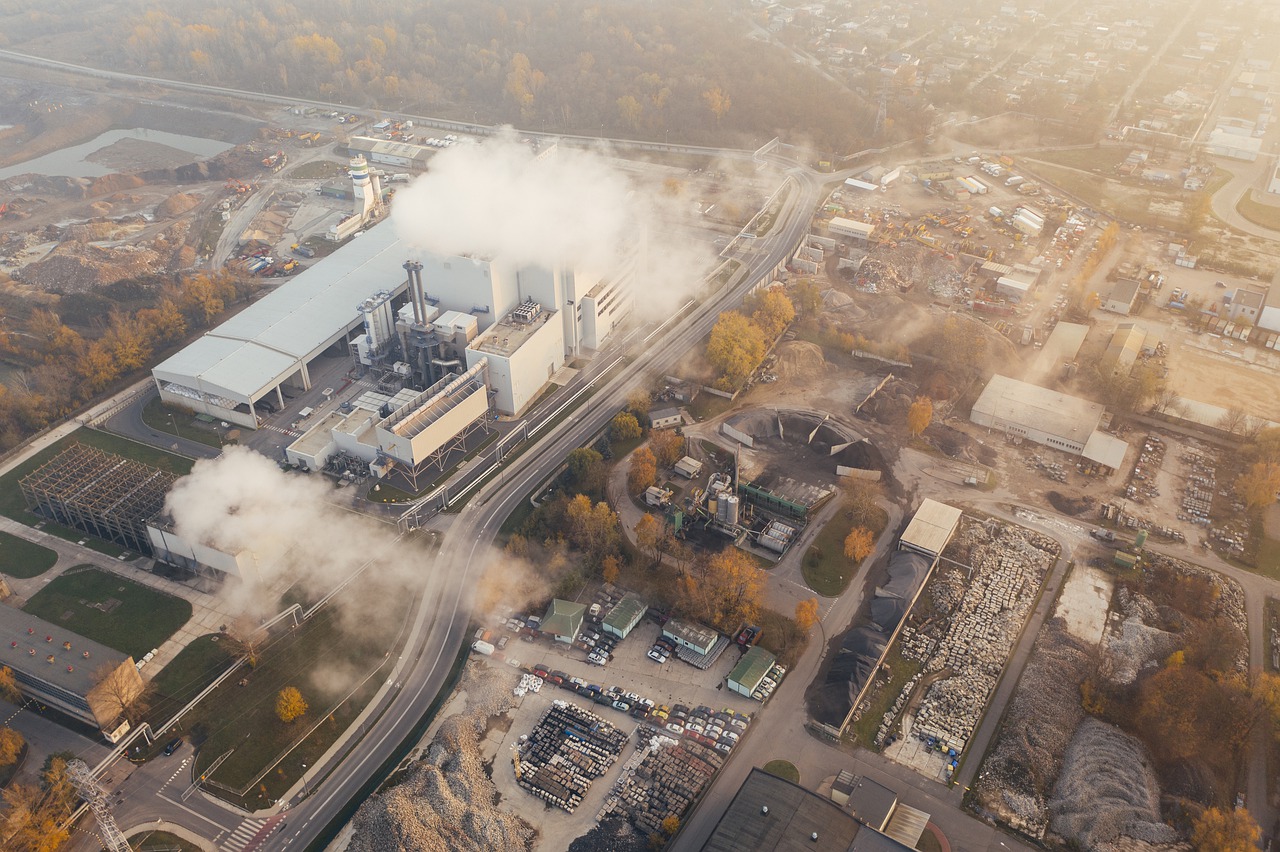Days will Become Hotter
One of the first and most noticeable effects of global warming is the rising temperature of the atmosphere. Do you know why? This is because the ice caps of the north and south pole are slowly melting down. These ice caps actually help the Earth is cooling down itself. And what’s worse is that records show that the atmosphere’s temperature is gradually rising by a degree.
Rising Sea Levels
Global warming does not only affect the atmosphere but our oceans as well. The increase in ocean temperatures contributes to melting ice caps and glaciers similar to what is currently happening in Antarctica. Melted ice increases the volume of water in oceans. This is the cause of sea levels rising and may well be threatening to low-lying islands and coastal cities.
Weather Events get Extreme
Extreme weather is another effect of global warming. Did you know that global warming contributes to wind, heat, and water changes as well? Global warming can lead to harsh weather conditions like drought, bushfires, floods, and even the forming of hurricanes, cyclones, and typhoons.
Destruction of Ecosystems
Effects of global warming like extreme heat, drought, water, and rainfall shortages, increased fire threat, much more intense storms, just to name a few, can cause ecosystems and natural animal habitats to be stressed out. A good example of this is Australia’s Great Barrier Reef and the Amazon Rainforest.
Extinction of Animal Species
Along with the destruction of natural habitats and ecosystems, several animal species are at risk of extinction because of global warming and the abrupt changes that it brings. To ensure survival, plants, and animals like dolphins and birds, have to either adapt or migrate.
However, with the fast and gradual effects of global warming that we are experiencing already, oftentimes it is not possible to adapt and keep up with its speed of effects. Migration as well has become a lot more difficult due to global warming’s destruction of natural habitats and ecosystems.

